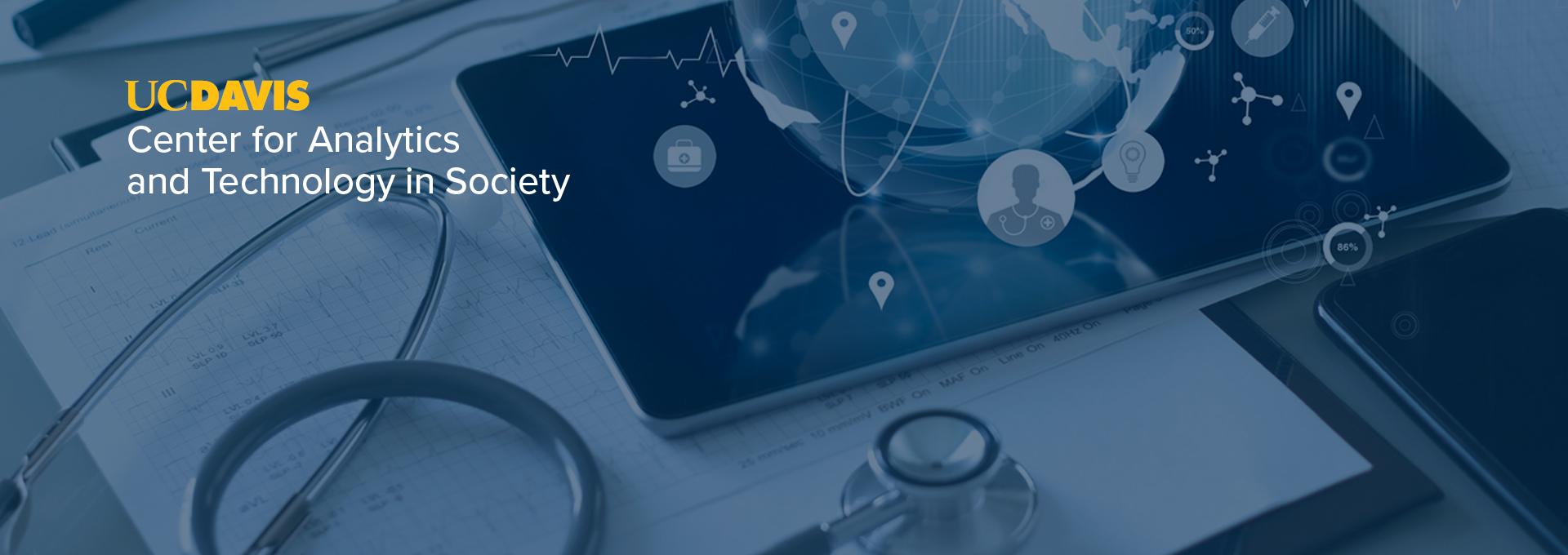Healthcare
How analytics and information technologies impact and transform healthcare.
Information technology has the potential to transform the conduct of business and lead to new business goals and strategies.
Example areas include operational efficiency, data analytics, and better intra-system coordination. In domains such as health care, IT has the potential to transform the entire industry, especially by incorporating platform business architectures and newer technologies (e.g., mobile apps, advanced features in EMR, electronic communication between patients and providers etc.).
Large amounts of medical data create opportunities for new products and markets based on creating new data products and analytics-based services.
It is also important to measure the actual impact of IT (on multiple dimensions, e.g., patient satisfaction, wellness, readmission rates, physician productivity, revenue, utilization etc.) because benefits can be highly diffused and complex.






